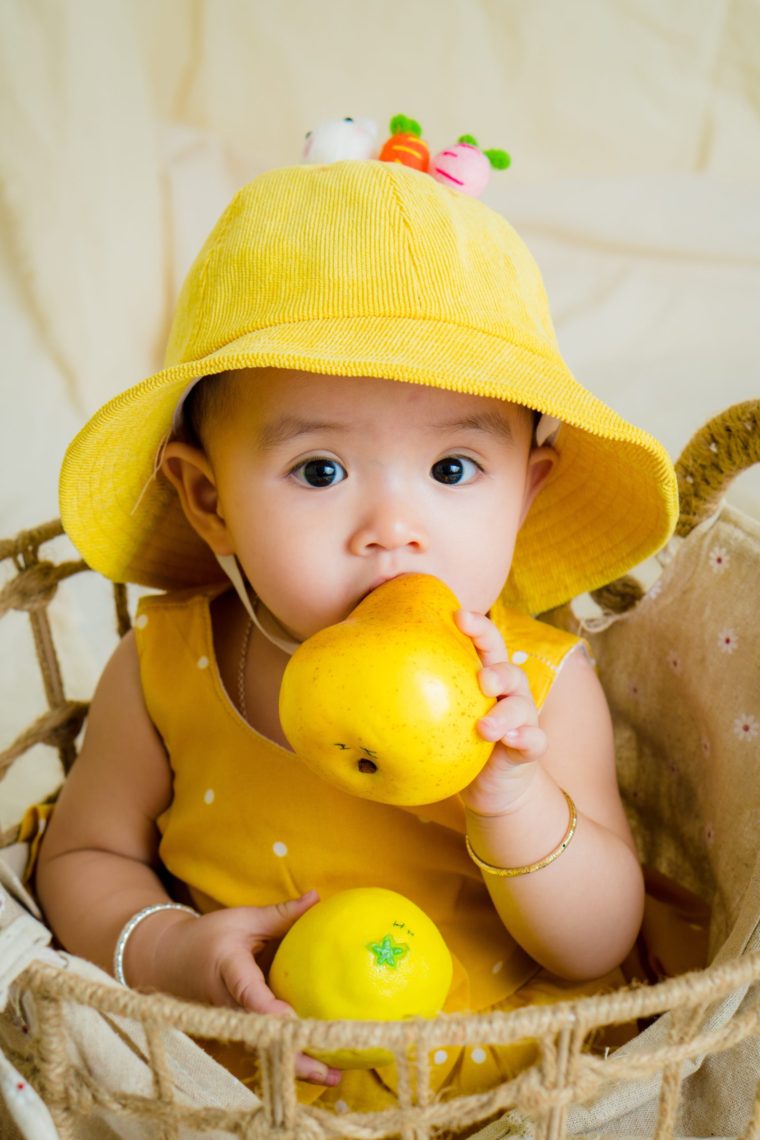Did you know that proper nutrition affects the health of children’s eyes?

Proper nutrition is never more important than during childhood. The foundation of all the body systems used throughout your child’s lifetime is formed during his early years of life. Nutritional deficiencies will not only affect him in his young years but will also have catastrophic consequences later in his life.
Although every parent wants their children to be healthy, many find it difficult to get their children to eat well, and often overlook the importance of doing so. This may prove to be their biggest mistake when it comes to building their children’s vision readiness for learning success.
Beneficial Nutrients for Children’s Eye Health
Optometrists have confirmed that many nutrients are important for the visual health of children. These include:
- Omega-3 fats – they keep the eyes hydrated and prevent dry eyes.
- Vitamin A – it keeps the retina working well.
- Vitamin C – it neutralizes some of the rays of the sun that are harmful for the eyes.
- Vitamin E – it helps vitamin A to be better absorbed and decreases the chances of cataracts.
- Zinc – it acts as a vehicle that delivers vitamins A and E to the eyes.
- Lutein – it protects the retina from the UV rays of the sun and blue light from screens, and helps to prevent vision degradation.
- Zeaxanthin – it works along with lutein.
- Beta-carotene – it induces the body to produce vitamin A.
Vision-Friendly Foods
When you think of foods to improve eyesight, you think immediately of carrots. While they may be the best-known, the optimum way to get the full spectrum of essential nutrients for eye health is through fruits and vegetables of many colors. Here are some foods that provide the above-mentioned nutrients:
- Omega-3 fats – Brussels sprouts, chia seeds, Walnuts, Flaxseeds.
- Vitamin A – the body converts carotenoids (e.g. beta-carotene) into vitamin A. Butternut squash, pumpkin, broccoli, apricots.
- Vitamin C – Citrus fruits, berries, papaya, sweet peppers, Brussels sprouts, kale, spinach, collard greens, sweet potatoes.
- Vitamin E – Almonds, sunflower seeds, olive oil, hazelnuts, peanuts, avocado.
- Zinc – Peanuts, whole grains, lentils, chickpeas, oats.
- Lutein & Zeaxanthin – spinach, kale, romaine lettuce, zucchini, asparagus, broccoli, corn, red apples.
- Beta-carotene – Sweet potatoes, cantaloupe, mangos, apricots, carrots (orange-colored foods).
As much as possible, have your child study in good light, and help him to be relaxed and well-rested. His vision will improves automatically under those conditions. In addition, find novel ways of including foods with the needed nutrients in your child’s diet.
If you are already on a journey to proper eating, how do you entice your children to eat healthy foods?

You are right, it is sometimes hard to get children to eat things that are good for them. Growing up my mom always said to eat carrots for good eyesight.
My mom told me the same thing, Anita. 😁 That’s the one eyesight nutrient that everyone knows. Moms have to compete with the ads on television for all the unhealthy but scrumptious-looking eatables, thus making their job of feeding their children healthy food so much harder.
Such good information here. Why my kids love to read without good lighting is beyond me. Great post!
Thanks, Elisa. Catch them when they’re doing the right thing and give them lots of affirmation. They thrive on praise. Over time, your message will sink in.